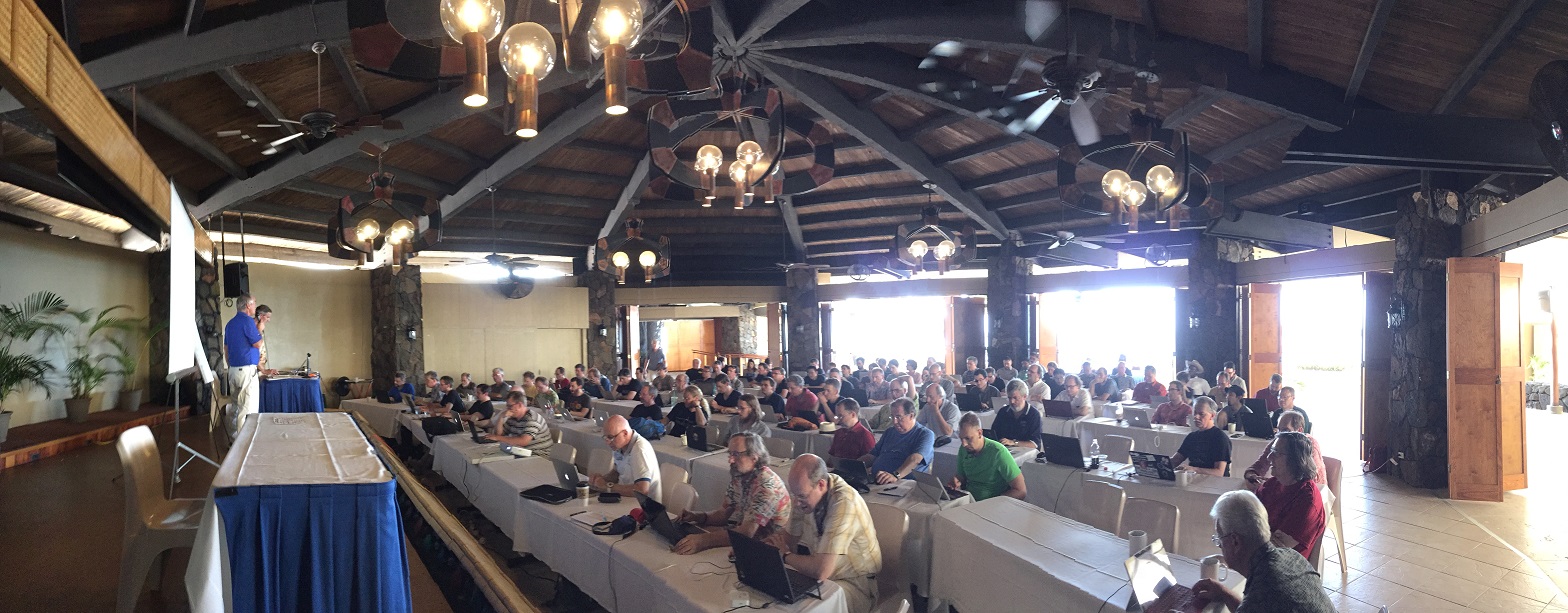Trip report: C++ standards meeting in Kona, October 2015 -- Herb Sutter
 Another hour, another trip report from the just-concluded ISO C++ meeting:
Another hour, another trip report from the just-concluded ISO C++ meeting:
Trip report: Fall 2015 ISO C++ standards meeting
by Herb Sutter
See also STL's trip report. The above one goes into more detail on some of the bigger proposals making their way through the standardization process.

 Do you know about smart pointers?
Do you know about smart pointers?